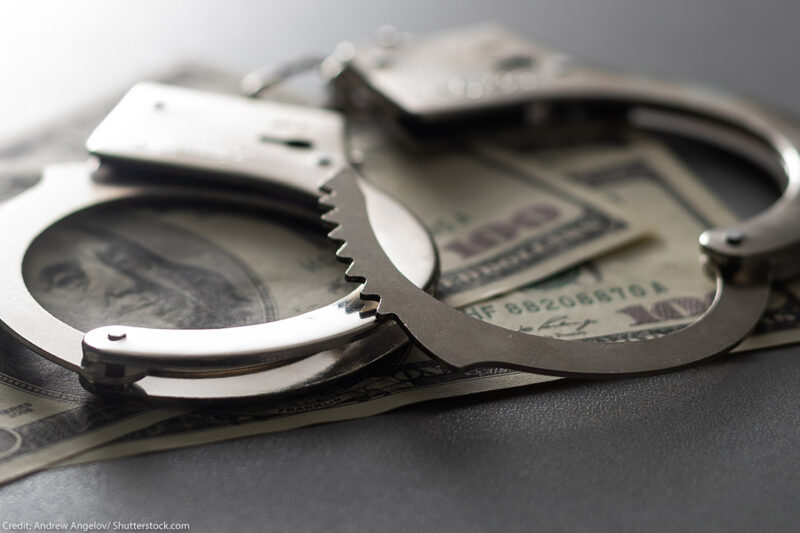The Illinois Supreme Court Cash Bail Ruling, Explained


Under a landmark court ruling issued this week, Illinois will become the first state in the nation to abolish cash bail. The state supreme court upheld the Illinois Pretrial Fairness Act, which abolishes cash bail and specifies procedures judges must use to impose pretrial detention. Here's what you need to know, and what happens next.
What does the Illinois Pretrial Fairness Act do?
In addition to eliminating cash bail, the Illinois Pretrial Fairness Act clarifies that everyone is eligible for pretrial release, and it’s the government’s burden to prove that anyone should be detained.
Why was there a lawsuit over it?
Despite broad support for this law, including support from victims’ rights advocates, law enforcement officials filed multiple lawsuits that were consolidated in a small county. Three of their claims made it to the Illinois Supreme Court: that abolishing cash bail violates the right to bail, the rights of crime victims, and separation of powers under Illinois law.
What did the court decide?
The Illinois Supreme Court rejected all these arguments. Specifically, the court held:
- “Bail” doesn’t require money. There are plenty of ways for courts to ensure that people return to court, and keep everyone safe, without ordering a person to pay for their freedom.
- Abolishing cash bail doesn’t harm victims. Under the new law, judges must consider safety risks posed by release, and give victims notice of relevant bail proceedings.
- Abolishing cash bail is squarely within the legislature’s power. Separation of powers means that it’s up to judges to apply the law in individual cases. But changing the legal framework — here, eliminating cash bail — is perfectly appropriate for the legislature to do.
This landmark ruling refutes false narratives about cash bail. The truth is that abolishing cash bail improves public safety by allowing people to return to their communities and families who would otherwise be in jail only because they can’t pay for their freedom. When people can go home, take care of their families, and keep up with school or work, that stability makes all our communities safer and stronger.
What happens next?
The law goes into effect on September 18. Anyone currently jailed under a cash bail order will get a release hearing under the new law, and Illinois becomes the first state to implement a pretrial system that will never demand payment for release.
Other states should follow this example by passing laws that abolish cash bail and reduce pretrial detention. Increasing reliance on cash bail over the last three decades has contributed to a significant rise in pretrial detention, which in turn contributes to our status as the leading incarcerator in the world. None of this has made communities safer, but it has subjected countless people to the dangers of being locked in jail cells, and deprived them of equal justice. We can reverse this trend by releasing more people pretrial, which jurisdictions across the country are doing with great success. These examples show that safety and freedom go hand in hand.
Stay informed
Sign up to be the first to hear about how to take action.
By completing this form, I agree to receive occasional emails per the terms of the ACLU's privacy statement.
By completing this form, I agree to receive occasional emails per the terms of the ACLU's privacy statement.

